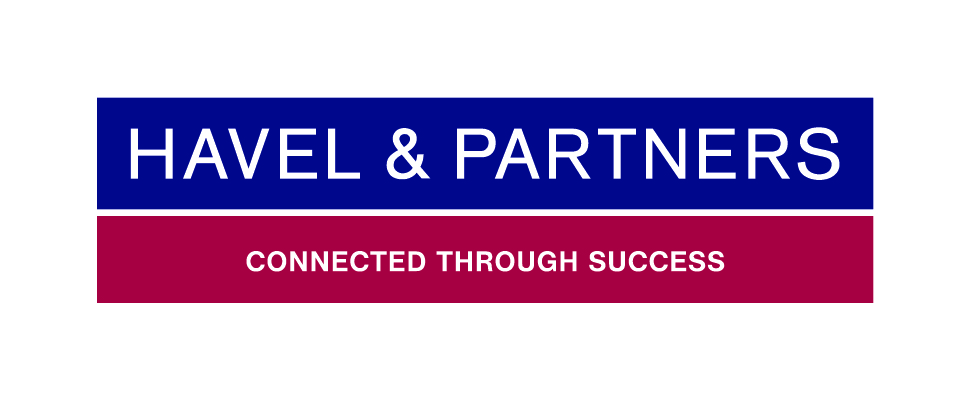
Articles for the ‘Life Sciences’ Category
Procurement of medical devices: New measures between the EU and China
On 30 June 2025, several measures entered into force that were imposed by the European Commission regarding the purchase of medical equipment originating from China.
The following two measures apply…
... Read moreCategory Captains beware!: Belgian competition authority fines Category Management of OTC medicines
On 24 April 2025, the Belgian Competition Authority (BCA) announced a landmark decision imposing fines totaling over €11.2 million on three major pharmaceutical companies for their involvement in a long-running anti-competitive arrangement concerning the placement of over-the-counter (OTC) medicines in Belgian pharmacies. This decision is the first of its kind in the EU, setting a precedent for future competition law enforcement in category management practices.
... Read moreCJEU’s DocMorris Ruling: where is the line for pharmaceutical advertising?
The intersection of pharmaceutical advertising, consumer protection, and internal market freedoms remains a complex legal battleground within the EU. In Apothekerkammer Nordrhein v. DocMorris NV (C-517/23), the Court of Justice of the European Union (CJEU) revisited the meaning of ‘advertising of medicinal products’, clarifying how far national restrictions on pharmaceutical advertisements can go under EU pharmaceutical law and internal market principles.
... Read moreCompliance with the SmPC and the Presentation of Non-Registration Studies in Advertising
Informing healthcare professionals about the latest findings from studies related to medicinal products is crucial for ensuring effective and safe patient care. Access to the most recent scientific knowledge allows physicians to better understand the effects and potential side effects of medications, leading to more informed prescribing decisions.
... Read more
The new Belgian government’s public health policy: 10 key take-aways for pharma policy
The new Belgian federal government has outlined its vision for public health in a policy paper under the slogan “More money for health, more health for our money”. Public health is a high-priority sector with a significant budget, and the policy paper introduces several key measures that will shape the pharmaceutical industry in the coming years. For pharma companies operating in Belgium, these developments bring both new regulatory challenges and strategic opportunities. Here is a focused analysis of ten key changes and their potential impact on the pharma industry.
... Read more ALTIUS Lawyers, Belgium
ALTIUS Lawyers, Belgium HAVEL & PARTNERS | Czech Republic, Czech Republic
HAVEL & PARTNERS | Czech Republic, Czech Republic